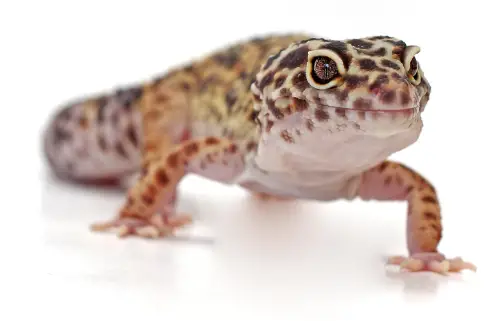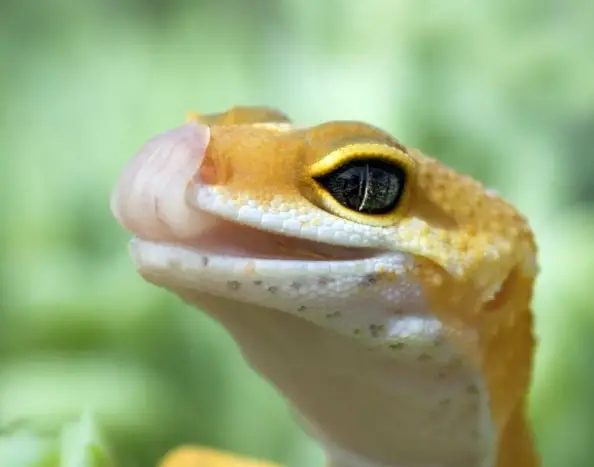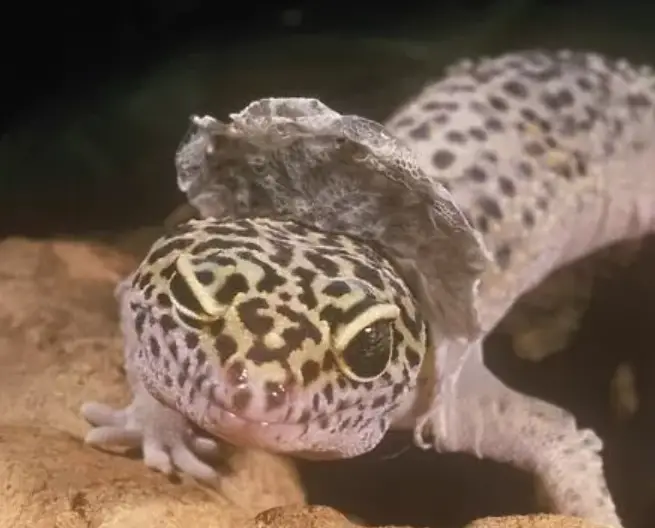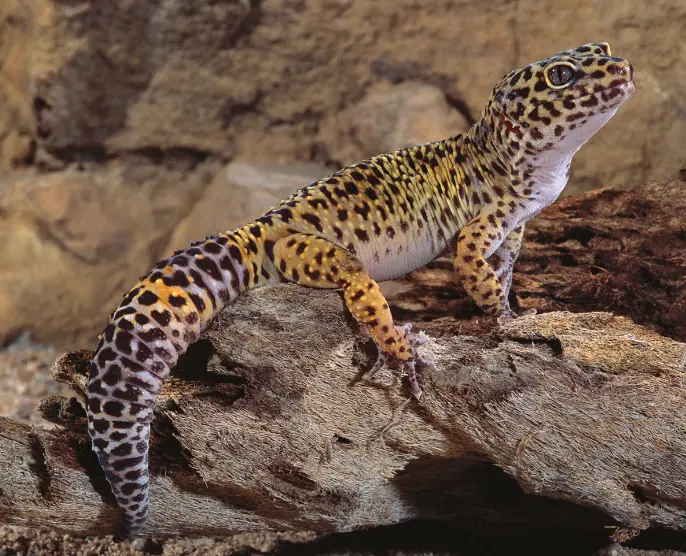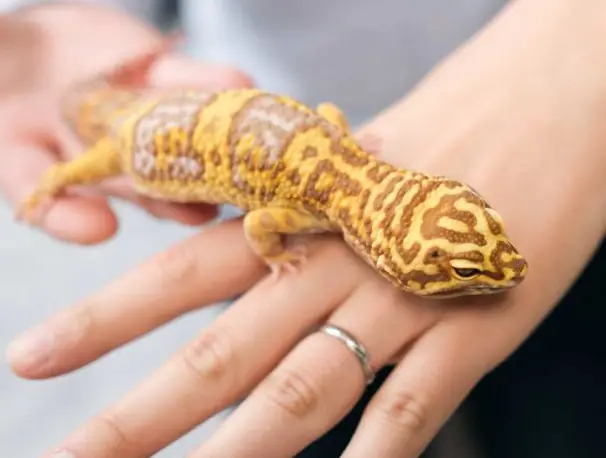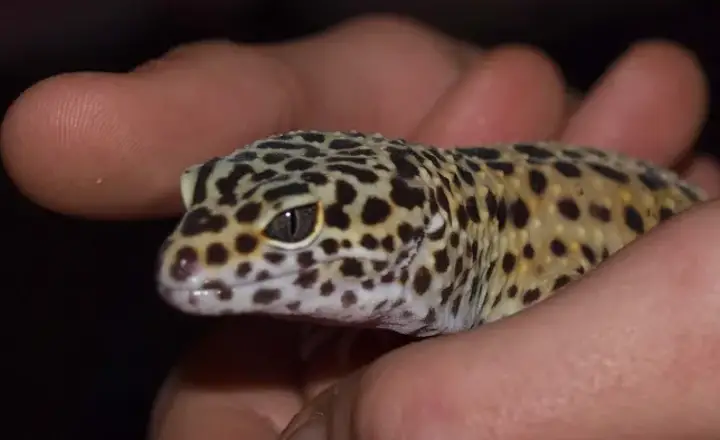Leopard geckos are a popular pet reptile known for their docile nature and easy care requirements. One important aspect of caring for leopard geckos is ensuring they have adequate levels of calcium in their diet. Without proper calcium intake, leopard geckos can develop health issues such as metabolic bone disease. So, how long can a leopard gecko go without calcium?
The answer is not a simple one, as it can vary depending on a number of factors, including the gecko’s age, overall health, and diet. In this article, we will explore the importance of calcium in a leopard gecko’s diet, and what can happen if they do not receive enough. We will also discuss the signs of calcium deficiency and ways to prevent it.
Why Is Calcium Important In Leopard Geckos?
Calcium is important in leopard geckos for several reasons:
- Bone Health: Calcium is essential for the development and maintenance of healthy bones. Leopard geckos require a diet rich in calcium to ensure their bones remain strong and healthy throughout their lives.
- Muscle Function: Calcium plays a crucial role in muscle function. It helps to regulate muscle contractions, which are necessary for movement and mobility. Without sufficient calcium, leopard geckos may experience muscle weakness or paralysis.
- Egg Laying: Female leopard geckos require adequate levels of calcium to produce and lay eggs. Calcium is needed for the formation of the eggshell, which protects the developing embryo inside.
- Metabolism: Calcium plays a role in various metabolic processes in the body, including blood clotting, cell division, and nerve function.
Required Calcium Intake For Leopard Gecko
Leopard geckos require a diet that includes calcium to maintain healthy bones and overall health. The recommended daily calcium intake for leopard geckos is about 50-75 mg per day for adults. This can be provided through a diet of specially formulated leopard gecko food or through the use of calcium supplements. It is important to ensure that your leopard gecko is receiving enough calcium by regularly monitoring their diet and consulting with a veterinarian or reptile specialist if necessary.
How Long Can A Leopard Gecko Go Without Calcium?
Since calcium is often transferred from bones into the circulatory system, leopard geckos can do without it for around two weeks. A gecko’s bone mass is decreased as a result, and metabolic bone disease (MBD) may start to develop if calcium is not given within two weeks.
Factors That Influence How Long A Leopard Gecko Can Go Without Calcium
- Age: Juvenile and young adult leopard geckos require more calcium than older geckos.
- Diet: A diet that is high in calcium, such as live insects dusted with calcium powder, will allow a leopard gecko to go longer without additional calcium supplements.
- Health: Leopard geckos with health issues, such as metabolic bone disease, will require more frequent calcium supplements.
- Activity level: Leopard geckos that are more active will have a higher demand for calcium to support their muscles and bones.
- Stress: Stress can increase a leopard gecko’s need for calcium, as it can lead to a decrease in appetite and absorption of nutrients.
- Temperature: Leopard geckos that are kept at too high or too low temperatures may have a harder time absorbing calcium.
- Lighting: Leopard geckos need UVB lighting to properly absorb calcium. If they do not have access to this lighting, they may need more frequent calcium supplements.
- Breeding: Female leopard geckos that are breeding will require more calcium to support egg development.
- Genetics: Some leopard geckos may have a genetic predisposition to calcium deficiencies and will require more frequent calcium supplements.
Conclusion
In conclusion, providing a leopard gecko with a diet that is lacking in calcium can have serious negative effects on their health. Calcium is essential for the proper growth and development of a leopard gecko’s bones and muscles, and a deficiency can lead to issues such as metabolic bone disease, which can cause deformities, paralysis, and even death. It is important to regularly dust their food with a calcium supplement and provide them with a UVB light to ensure they are getting the necessary amount of calcium in their diet. Failure to provide adequate calcium can lead to serious health complications and a shortened lifespan for your leopard gecko.
